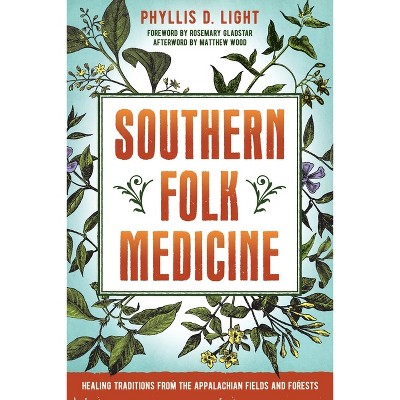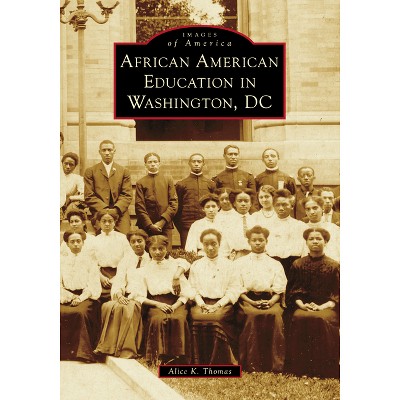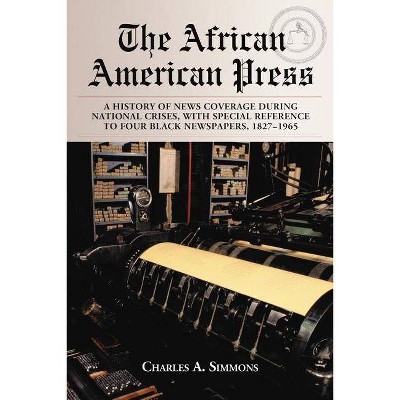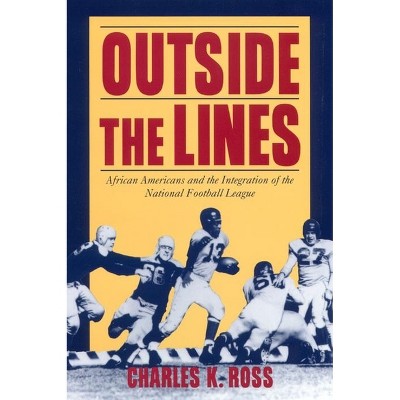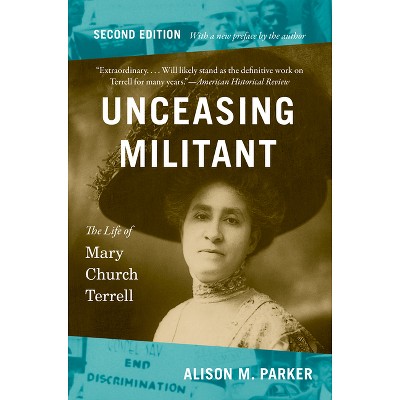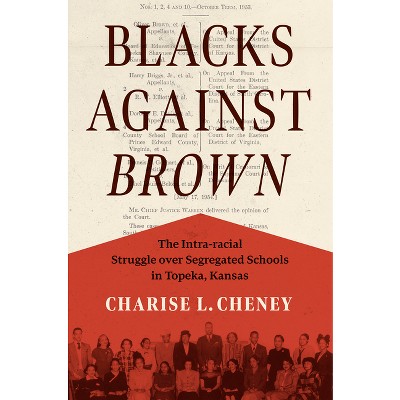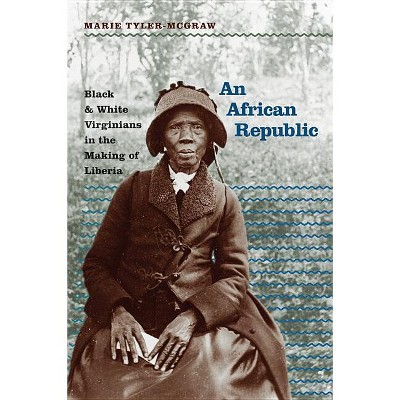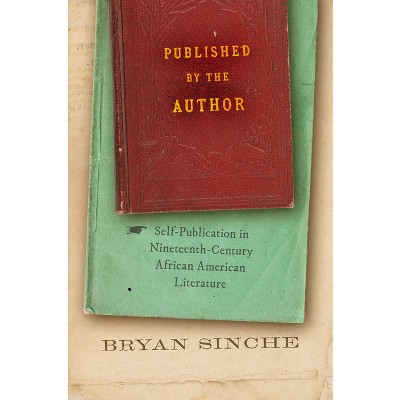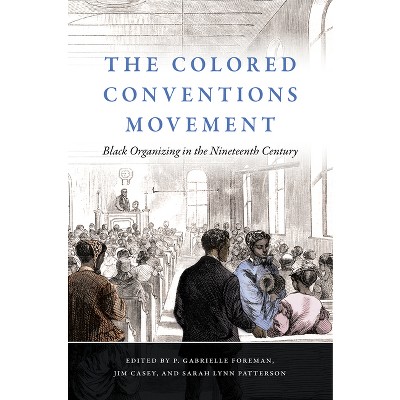Sponsored

Examining Tuskegee - (The John Hope Franklin African American History and Culture) by Susan M Reverby (Paperback)
In Stock
Sponsored
About this item
Highlights
- The forty-year Tuskegee Syphilis Study, which took place in and around Tuskegee, Alabama, from the 1930s through the 1970s, has become a profound metaphor for medical racism, government malfeasance, and physician arrogance.
- About the Author: Susan M. Reverby is Marion Butler McLean Professor in the History of Ideas and Professor of Women's Studies at Wellesley College.
- 416 Pages
- Medical, History
- Series Name: The John Hope Franklin African American History and Culture
Description
About the Book
Examining Tuskegee: The Infamous Syphilis Study and Its LegacyBook Synopsis
The forty-year Tuskegee Syphilis Study, which took place in and around Tuskegee, Alabama, from the 1930s through the 1970s, has become a profound metaphor for medical racism, government malfeasance, and physician arrogance. Susan M. Reverby's Examining Tuskegee is a comprehensive analysis of the notorious study of untreated syphilis among African American men, who were told by U.S. Public Health Service doctors that they were being treated, not just watched, for their late-stage syphilis. With rigorous clarity, Reverby investigates the study and its aftermath from multiple perspectives and illuminates the reasons for its continued power and resonance in our collective memory.
Review Quotes
"A masterful and comprehensive historical analysis. . . . A powerful story told in a powerful way. . . . Cogently illuminates the many narratives comprising this horrific chapter in our country's history. . . . This book, impressive in its scope and depth, contributes greatly to our understanding of not just the events described but also of racial and social injustice in general."--Nursing History Review
"A vitally important contribution to the literature surrounding the study. . . . Highly recommended."--CHOICE
"An essential historical framework of public health ethics."--Health Affairs
"Blends [Reverby's] rich insights as a noted historian and public intellectual. . . . America's historians and medical community will benefit greatly from reading Examining Tuskegee."--Journal of American History
"In less competent hands, the attempt to unravel the complexities of Tuskegee would have merely replaced one entanglement with another. However, Reverby's knowledge and skill are evident on virtually every page. Written in a clear and engaging style buttressed by convincing and exhaustive research, this book is likely to remain the essential monograph on the subject for years to come."--Journal of Interdisciplinary History
"Reverby has constructed an essential historical framework of public health ethics. . . . [An] expansive yet detailed account. . . [A] magnificent contribution in examining [Tuskegee's] enduring hold on U.S. cultural life."--Health Affairs
"Reverby offers us a complete description as well as an excellent analysis of this scandalous episode in the history of biomedical research."--Social History of Medicine
"This in-depth and comprehensive approach, by exploring the aftermath of the Tuskegee Study, distinguishes it from other writings on this topic. . . . The best presentation, thus far, of how race, medicine and research have intersected as a consequence of this convoluted Tuskegee Syphilis Study."--The Journal of the National Medical Association
About the Author
Susan M. Reverby is Marion Butler McLean Professor in the History of Ideas and Professor of Women's Studies at Wellesley College. She is editor of Tuskegee's Truths: Rethinking the Tuskegee Syphilis Study.
